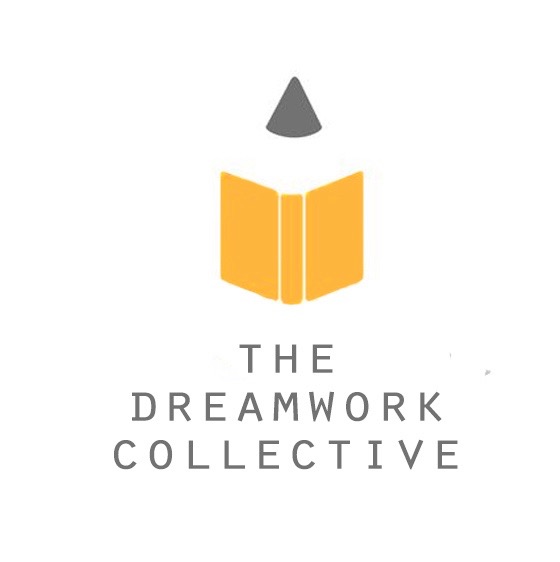Nailing Your Non-Fiction Book Proposal
What does this mean and how do I do it?
Whatever stage you’re at with your writing project, here are some questions to keep in mind. Having clear answers to these questions will help ensure that your finished book is as commercially viable as possible, filling a gap in the existing market. There’s nothing more frustrating than spending years perfecting your book, only to discover that there are quite a few other books on this topic out there, relating the same information and in the same way…
1- The elevator pitch.
If you had to condense the book’s message into three sentences – the time of a quick elevator ride – what would you say? What’s the core takeaway from the book, and why is that important? What will the reader gain from reading the book, why will they want to press it into their friends’ hands?
2- Who is your target audience?
Do try and make this as specific as possible. Editors’ hearts always sink when their author eagerly says, ‘My target audience is everyone!’ By casting the net too wide, you risk having a book that’s very hard to effectively market. Get to know your target audience. What other books do they read? What do they do in their free time, where do they shop?
3- Research the three books already published that are most similar to yours.
What do you think their elevator pitches would have been? And their target audiences? The packaging (cover image and design) will give you helpful clues. In what way are you making yours different? Maybe you’re looking at the same topic, but from a different angle. Or you are addressing a different audience, or have an entirely new call to action for the reader?
4- And if you’re writing for us at The Dreamwork Collective, the most important question to answer is:
In what way will this book help people change the world for the better?!

